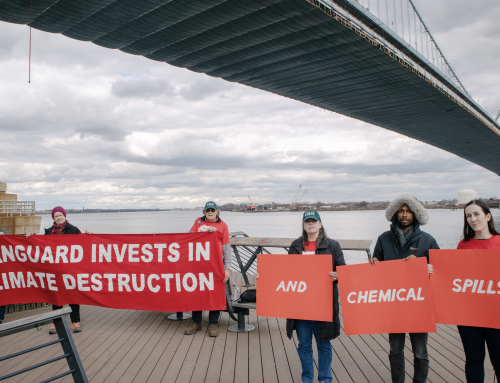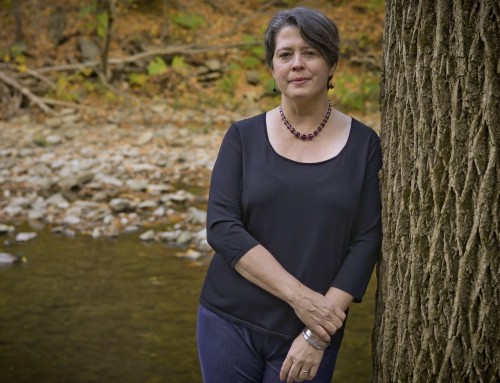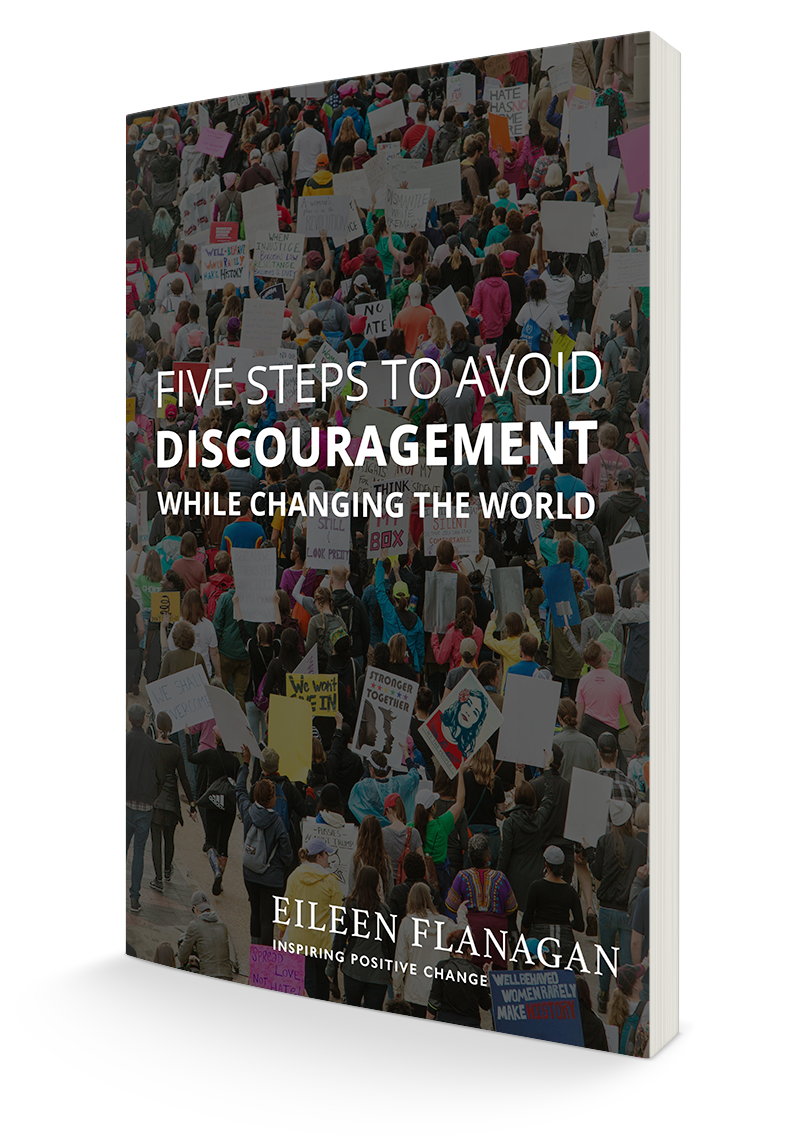Wallis’ point about many of us not living with the poor was illustrated one night several years ago by my perceptive daughter. We were celebrating Lent, the forty days before Easter, when many Christians fast or give up some comfort, while trying to practice a heightened concern for the poor. We had decided to eat a simple meal once a week and donate the money we saved to Catholic Relief Services, which provided a small cardboard rice bowl and simple recipes from around the world for this purpose. One night when I was coaxing my five-year-old to try rice and black beans she asked, “Why can’t we eat what we want and just give the poor people our rice and beans if they like this kind of food?” I tried to explain that many of the people who needed help lived far away, and it was easier for the organization to send our money, rather than our food.
“Aren’t their poor people who live near here?” she asked. Well, yes, I responded, there were.
“So why don’t we bring them our rice and beans?” she persisted. I had to explain that, while there are many poor people in Philadelphia, we don’t actually know anyone who would appreciate us showing up with our unwanted rice and beans.
While I was still trying to explain this awkward fact, my daughter pointed to the Catholic Relief Services rice bowl and asked one more question: “Why do all the people on the box have brown skin?”
I tried to explain the history of colonialism to a five-year-old, but I’m not sure she got it, just as many middle class Americans don’t understand that the African, Asian and Latin American faces on the brochures of relief organizations reflect a colonial legacy that made the West rich. We tend to assume that people are poor because of their own laziness or stupidity. Even the idea of learned helplessness can be used to blame the poor for their condition. That old Calvinist idea that the poor must somehow deserve their fate is more comforting than all those Biblical injunctions to care for those in need. When the people are far away, psychologically if not literally, and especially if they look different from us, it’s easy to image that we are not connected to them.
This became clear to me when I returned from my two and a half years in Botswana. Friends and family often asked, “Were you alone in your village?” When I answered, “No, there were ten thousand people in my village,” there was usually an awkward moment as the implication of my answer sunk in. Of course what they were really asking was, “Were you the only white person?” Or perhaps, “Were you the only American?” Their question reflected an unconscious assumption that those people were somehow too different from me to count. Such prejudice is one common barrier to compassion. I can’t help thinking that if the 20,000 people who were dying of poverty each day were white, we would be paying more attention.







Leave A Comment